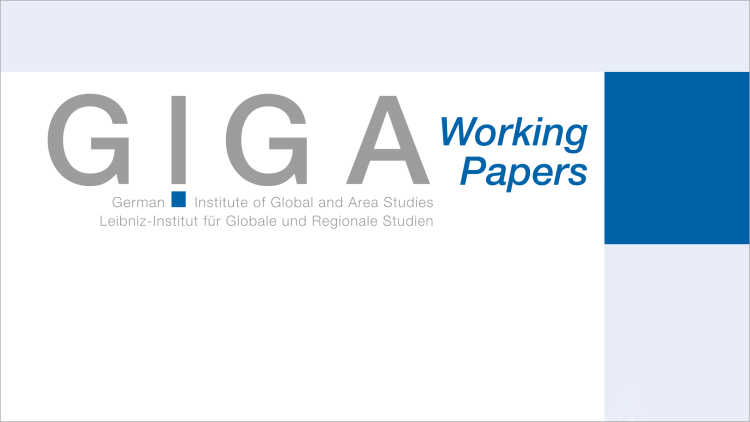- Startseite
- Presse
- Sexuelle Gewalt im Krieg
Publikation | 23.06.2015
Sexuelle Gewalt im Krieg
Seit den Konflikten in Bosnien und Ruanda hat die Forschung über sexuelle Gewalt in bewaffneten Konflikten stark zugenommen.

Since the war in Bosnia‐Herzegovina and the genocide in Rwanda in the 1990s, sexual violence in conflict has received increasing scholarly attention. While earlier research focused on documenting cases of sexual violence and investigating the topic from a metaperspective, in the last decade an increasing number of empirical, largely qualitative studies have been published. This paper critically reviews this recent literature on conflict-related sexual violence (CRSV) according to two lines of inquiry. It first examines the literature on the causes of CRSV, then surveys the research on its social consequences. Overall, the growing body of research on CRSV has considerably advanced our knowledge.
However, methodologically there remains a shortage of comparative, and particularly quantitative, research. Much of the qualitative research relies on convenience samples, which result in a clear selection bias. This hampers our ability to make more general statements about the causes and, in particular, the social consequences of CRSV.


